Strain Gauges
A strain gauge is a device used to determine the amount of strain, or change in dimensions, when stress is applied. Strain gauges measure mechanical quantities by converting tension, force, and pressure into an electrical signal.The strain gauge, also known as the strain gage, is best known as the sensory aspect of a loadcell. Load cells measure the compression, tension and/or shear force of various materials, including solid objects, liquid and gas.
The strain gauges are the essential part of the load cell since they are what detect the inconsistencies in a substance and turn that into an electrical signal that is translated through a computer as a readable measurement. When part of a load cell, there are multiple strain gauges being used, connected by circuits that pass along the electric signal. Having multiple strain gauges make up the load cell is important because the more present for a single reading, the more precise the reading will be.
Our load cells are manufactured with the highest attention to detail at all stages. Whether it is through the design stage, engineering stage, or through hundreds of tests run daily, we ensure that our products outshine all competitor products.
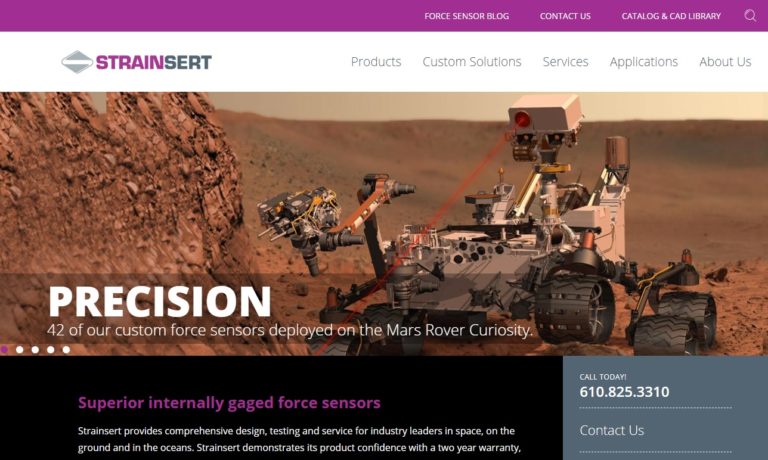
Founded in 1985, Load Cell Central has firmly established its reputation as a leader in load cell manufacturing, custom weighing system integration, and first-class load cell repairs. Load Cell Central offers a wide variety of popular load cell and component configurations for virtually every new or old weighing system, scale or component replacement possibility. Technical and after-sale support, ...

At TyTek Industries we manufacture load cells to suit all capabilities. Our expertise has provided insight and load cell solutions for a range of customers and industries. Our engineering team’s philosophy ensures we do everything humanly and technologically possible to match your requirements with quality, cost and delivery. We’re here to help you carry the load.
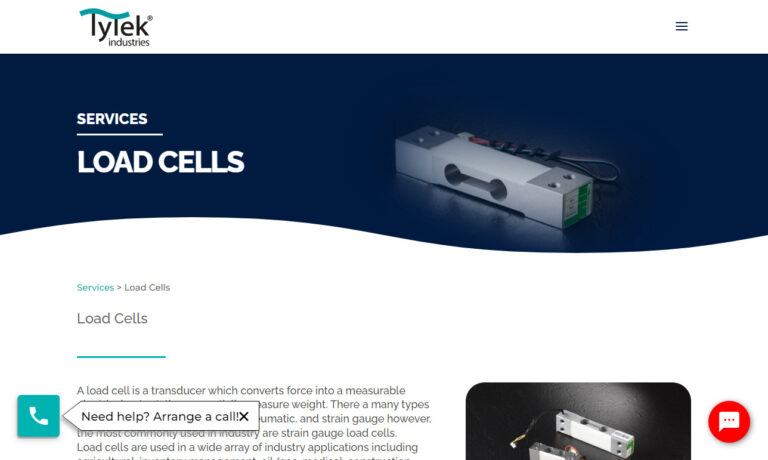
Anyload has been in business for over 20 years. Anyload is experienced in the design and production of high quality standard load cells, specialty load cells, weigh modules, indicators, scales for commercial and industrial applications, and wide varieties of weighing components.
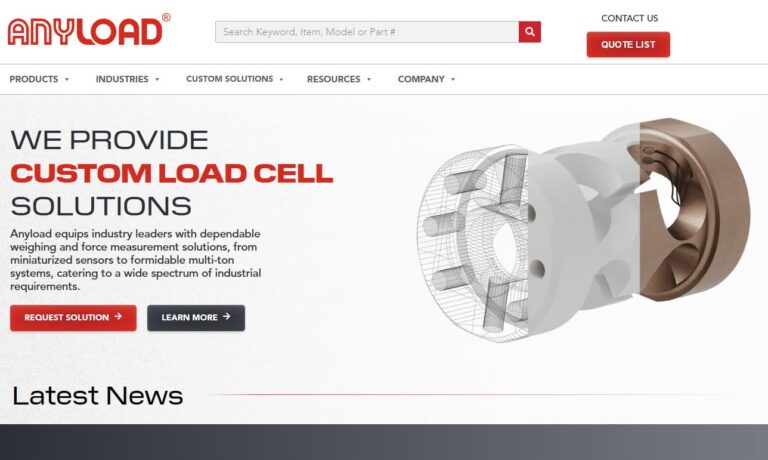
At Coti Global Sensors, we are dedicated to providing top-of-the-line load cell solutions and comprehensive services tailored to meet the diverse needs of our clientele. With years of experience and expertise in the industry, we have established ourselves as a trusted authority in load cell manufacturing, renowned for our commitment to quality, reliability, and customer satisfaction.
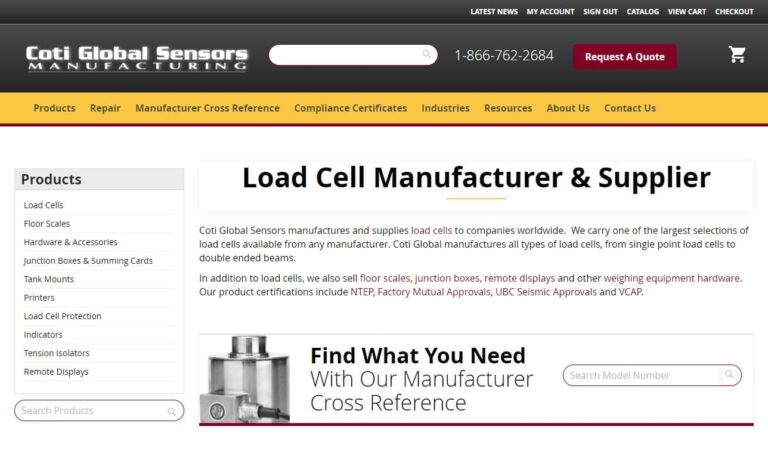
More Strain Gauge Manufacturers
Strain gauges are also often apart of the force transducer systems, which serve just about the same purpose at load cells. These sensors can be substituted with piezoelectric crystals. However, the variety of strain gauge styles allow for consumers to pick the one that will best suit the substance they need to measure.
The most common types of strain gauges are piezoresistive or semiconductor, bonded metallic wire, carbon-resistive and foil gauges. In particular, the foil gauge looks like a flathead version of a spatula, without the arm or body. It is a flat surface, which can be adhered to the body of material it is measuring. The electrical resistance in each type of strain gauge varies linearly with strain.
The operating temperature, state of strain and amount of stability needed are important factors when choosing a strain gauge. The gage factor, gauge length, nominal resistance and strain sensitive material must also be considered. Typical characteristics of strain gauges are lead wire, solder tabs, ribbon leads, cryogenic use, encapsulated, embeddable, waterproof and weldable.
Strain gauges can be used for measuring temperatures, detecting cracks, propagating cracks, extensometer, residual stress, transducer gauge and shear modulus gauge, among other applications. They are often utilized in a variety of industries, including construction, aerospace, marine biology, automotive manufacturing, industrial manufacturing, tooling and machining, the medical field and electronics.



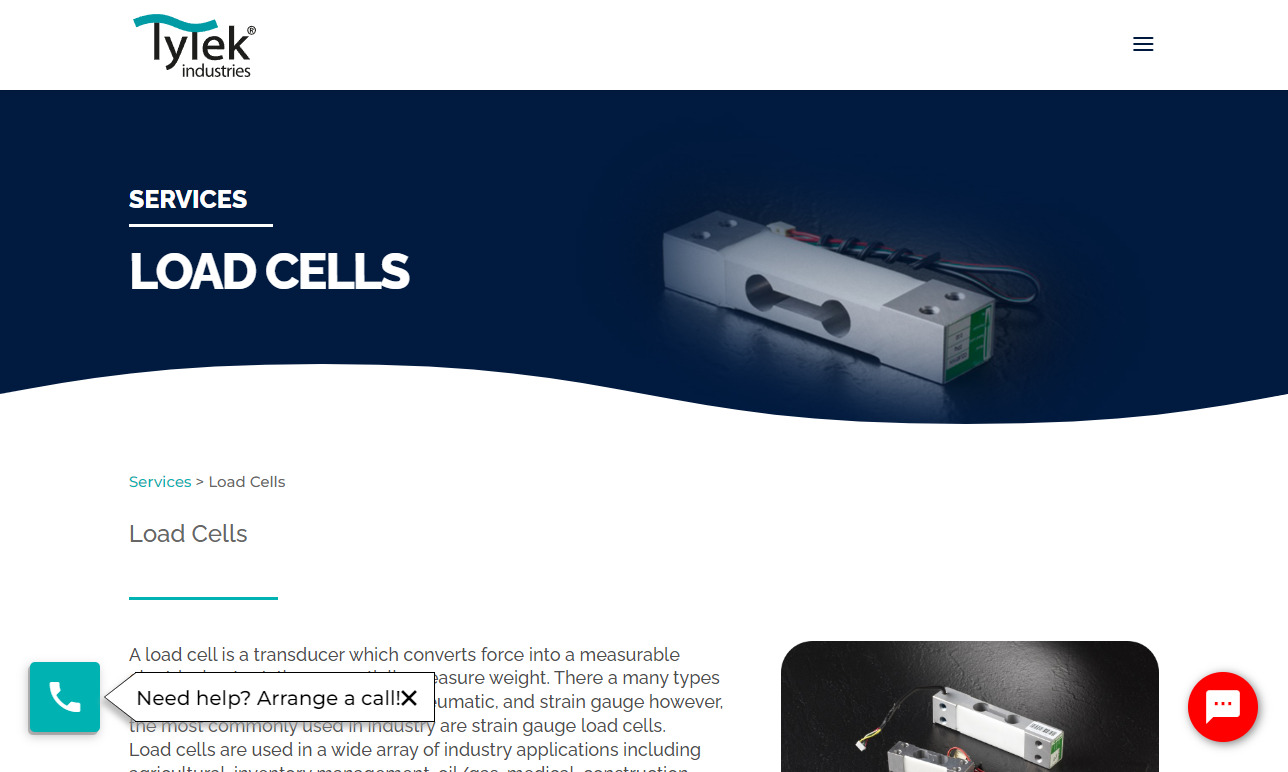
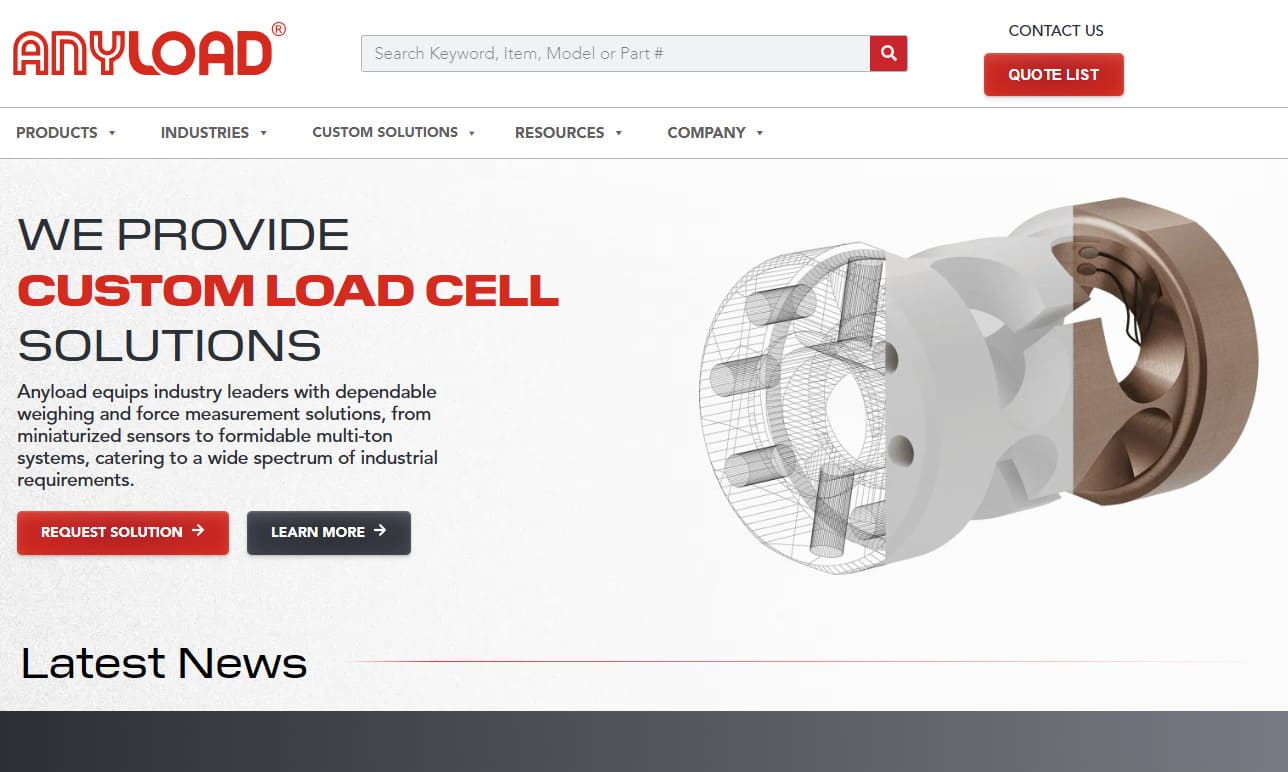
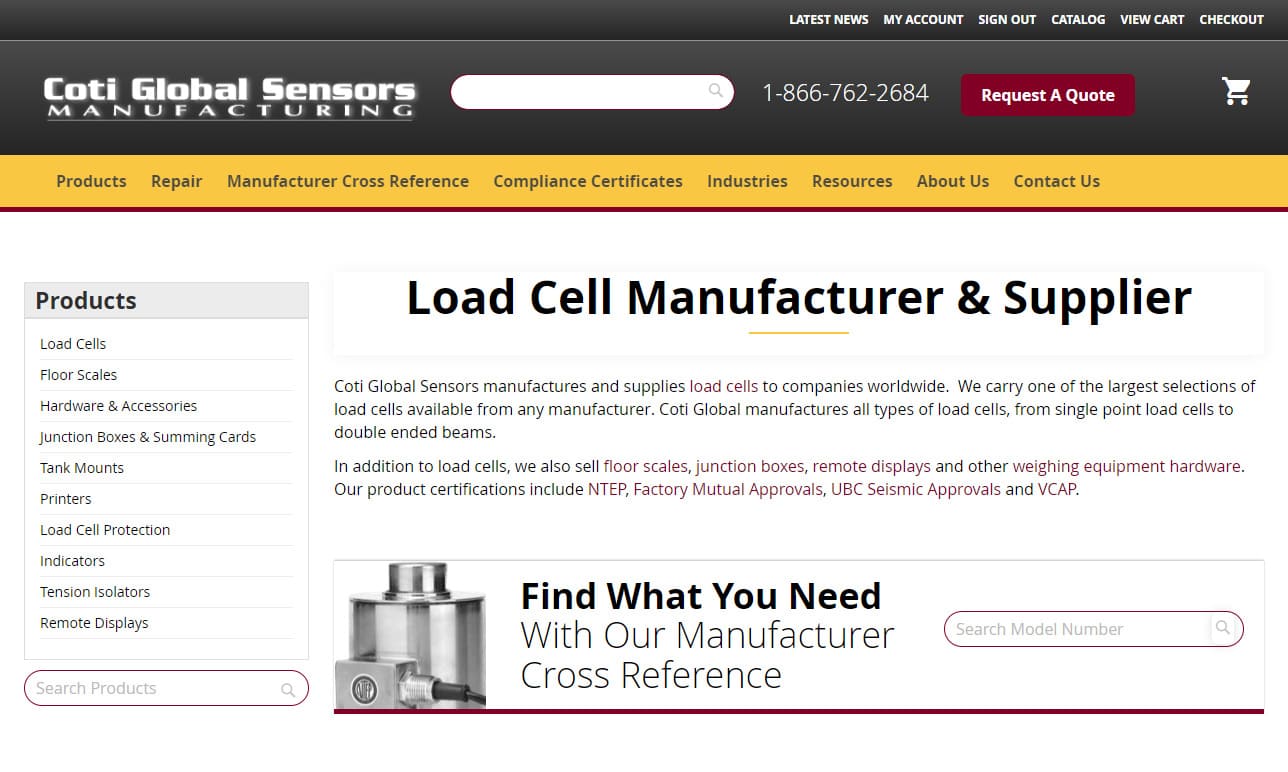
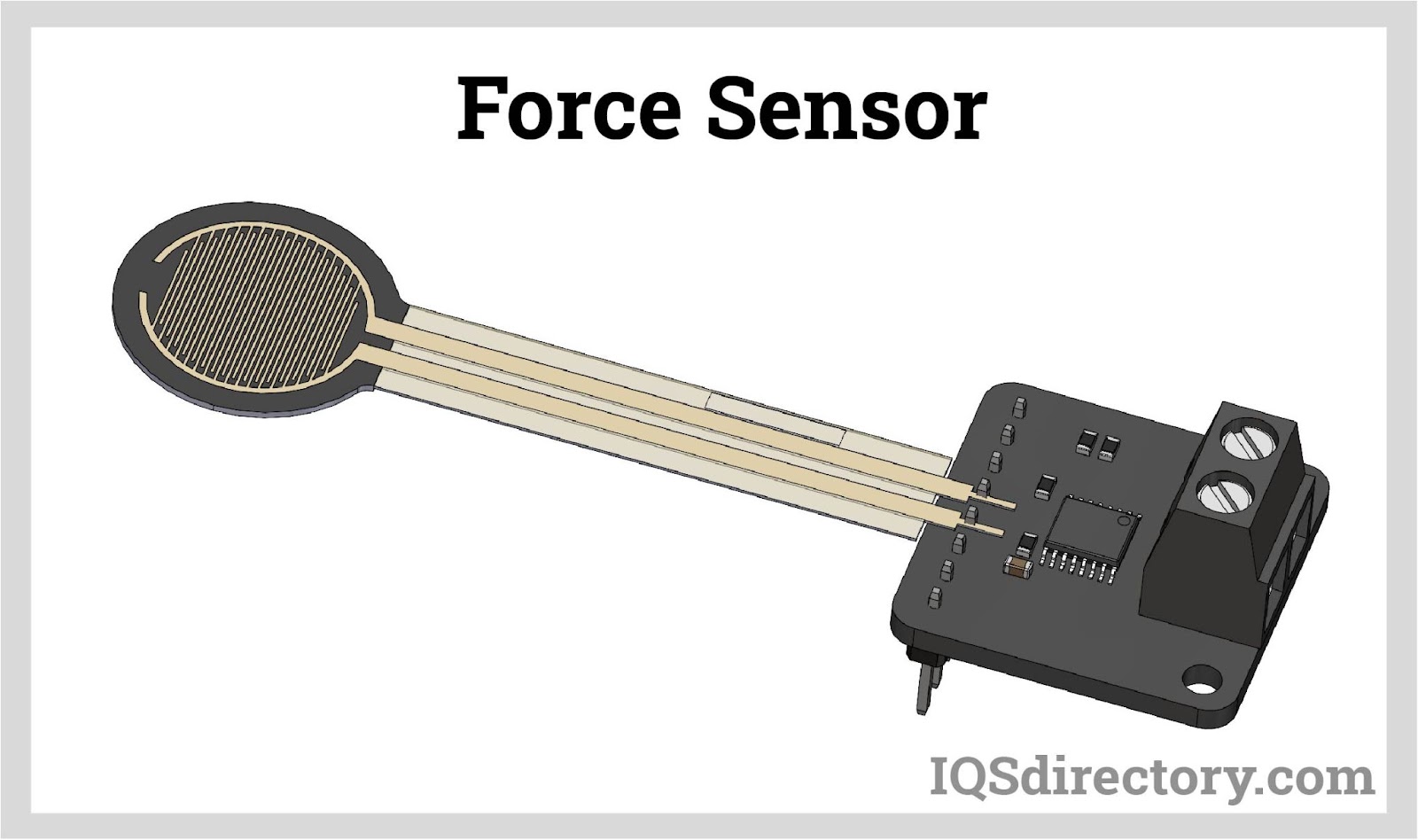
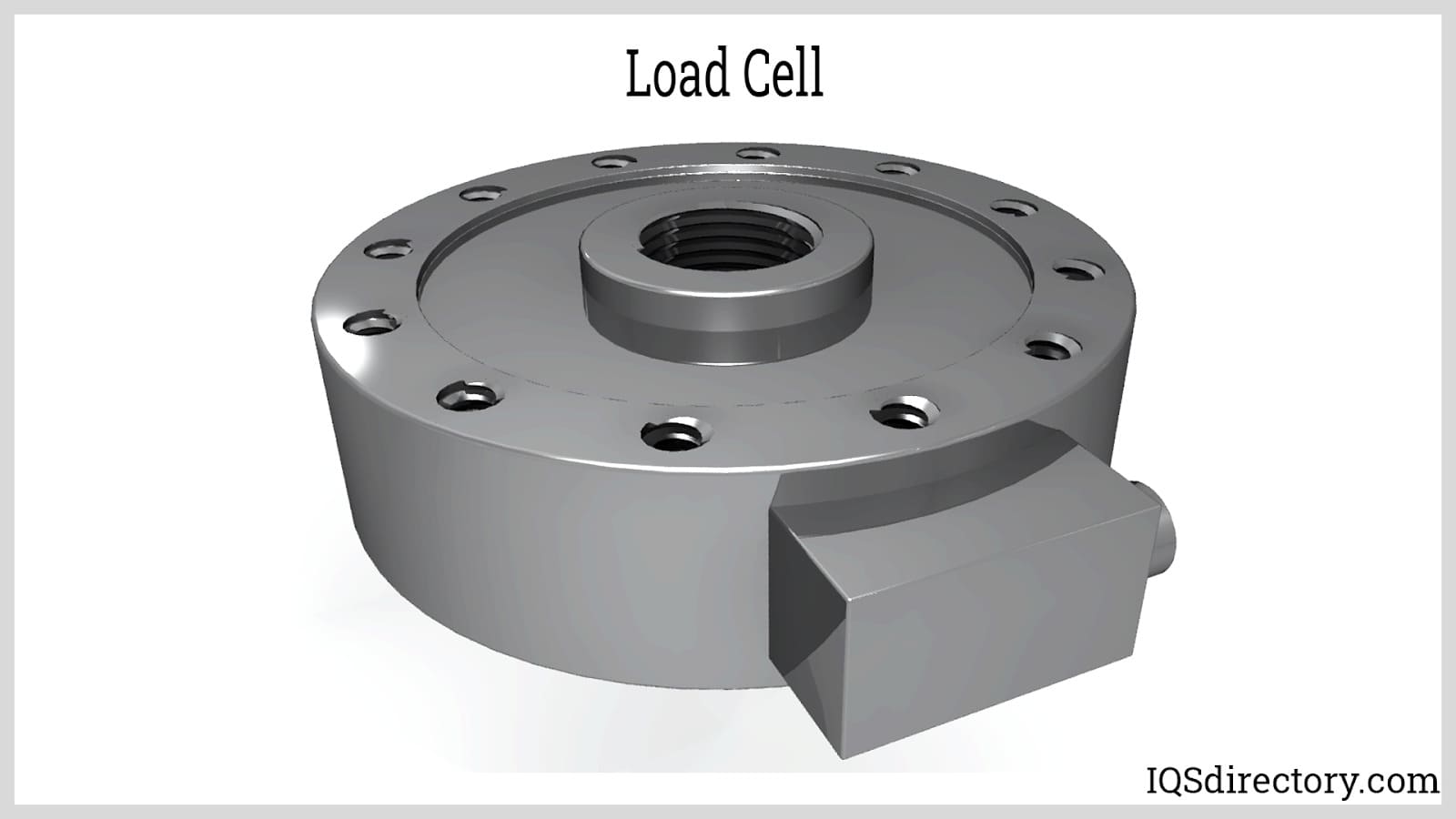
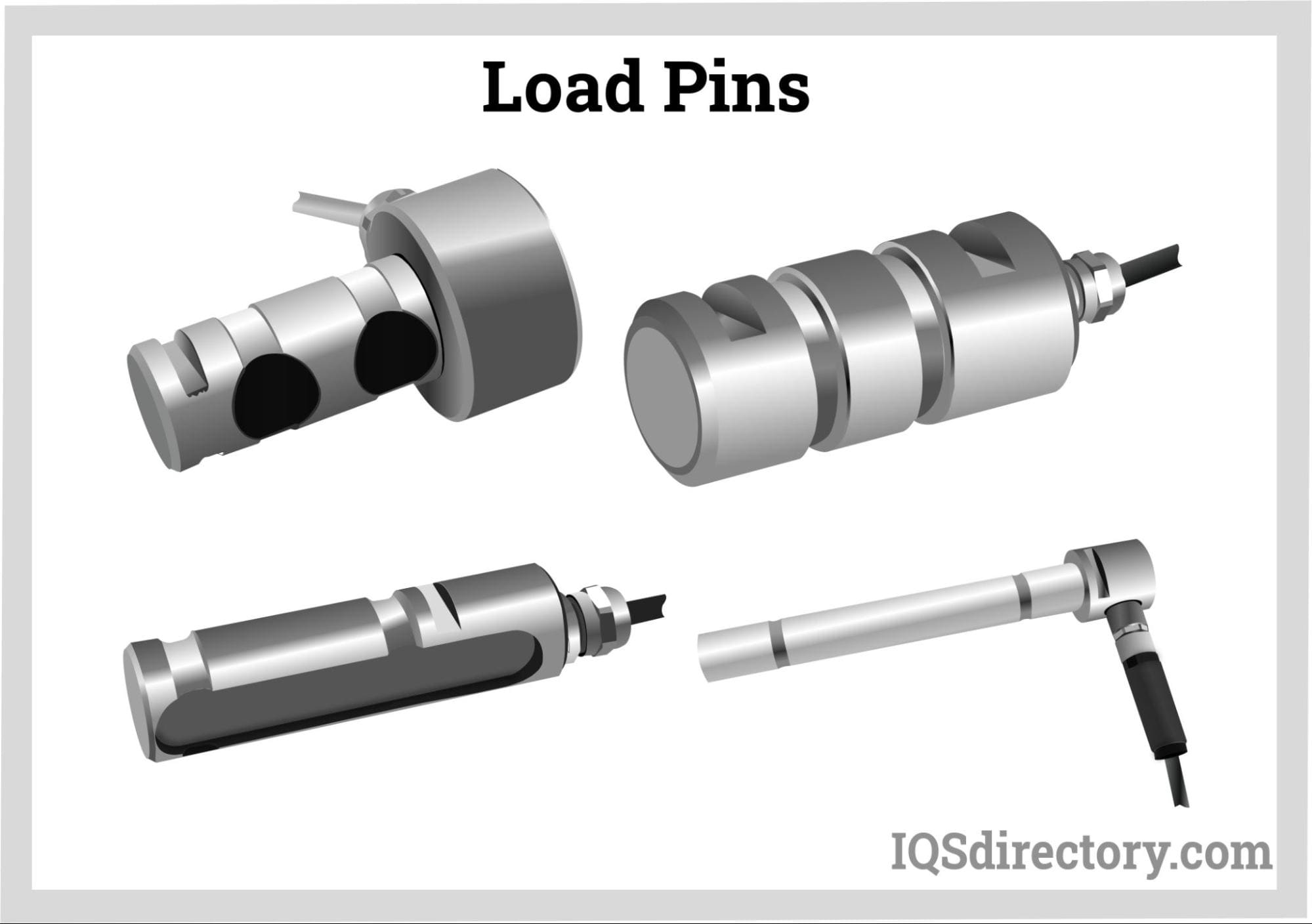
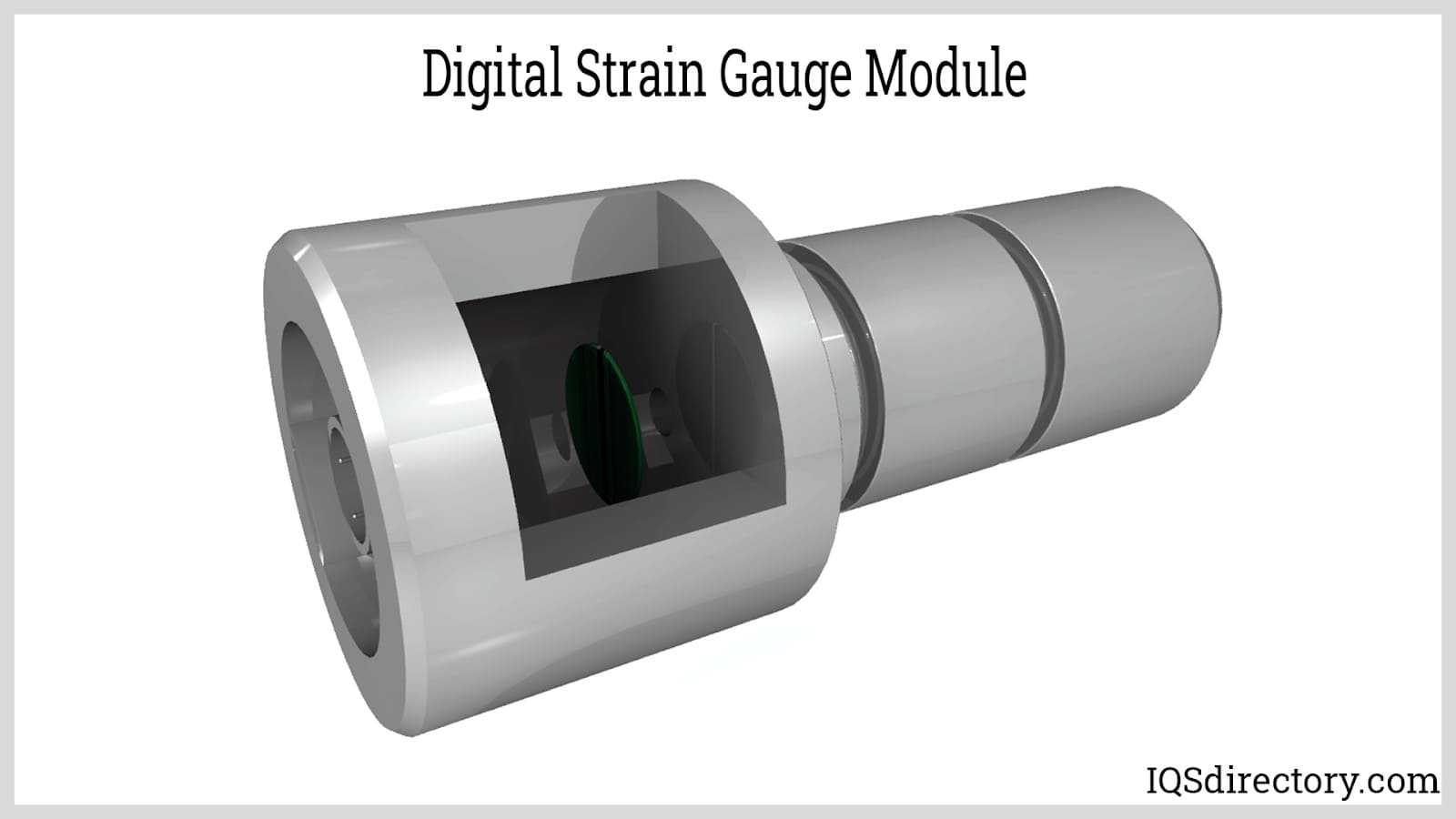
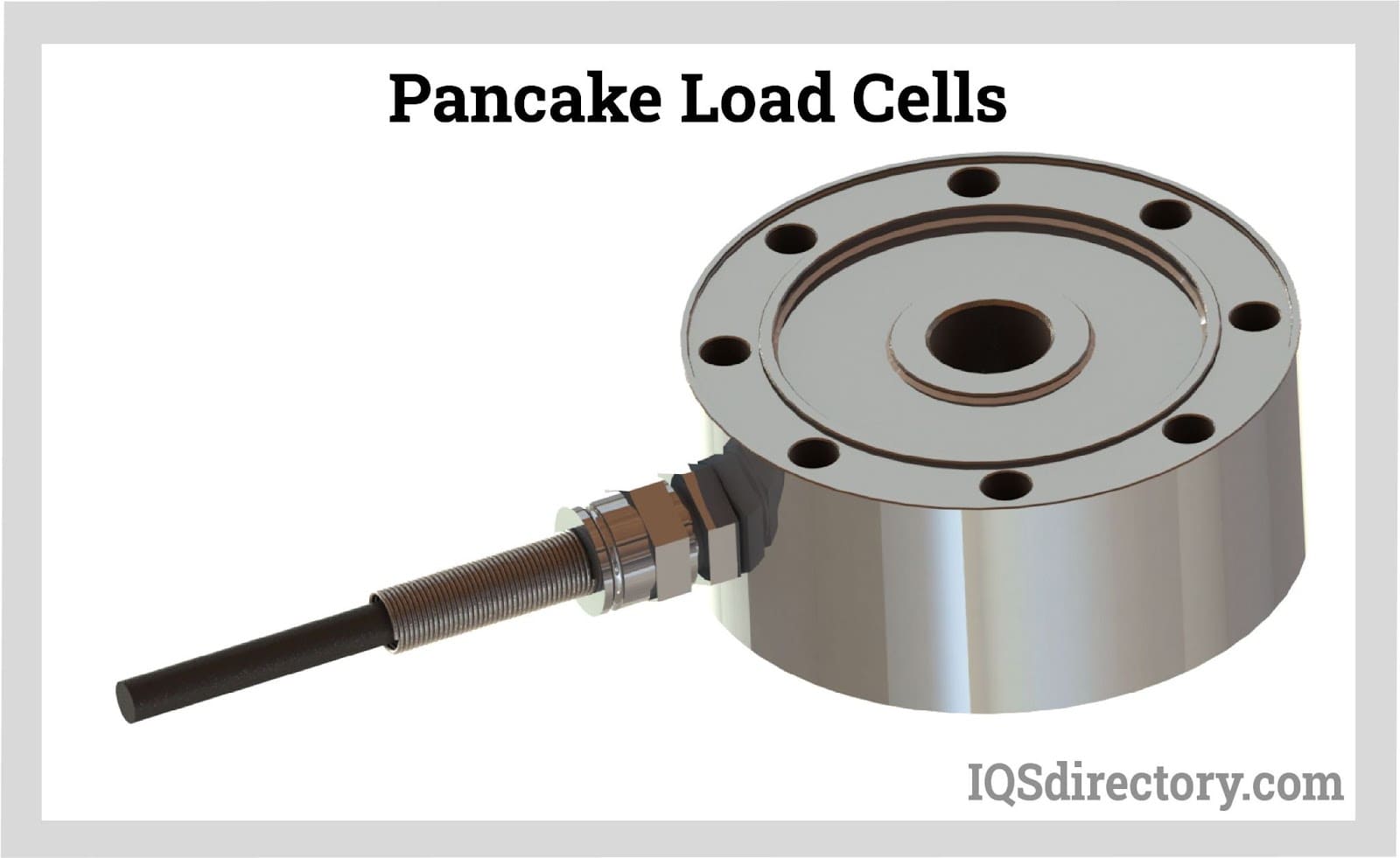
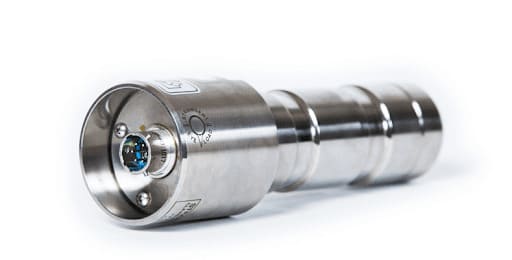
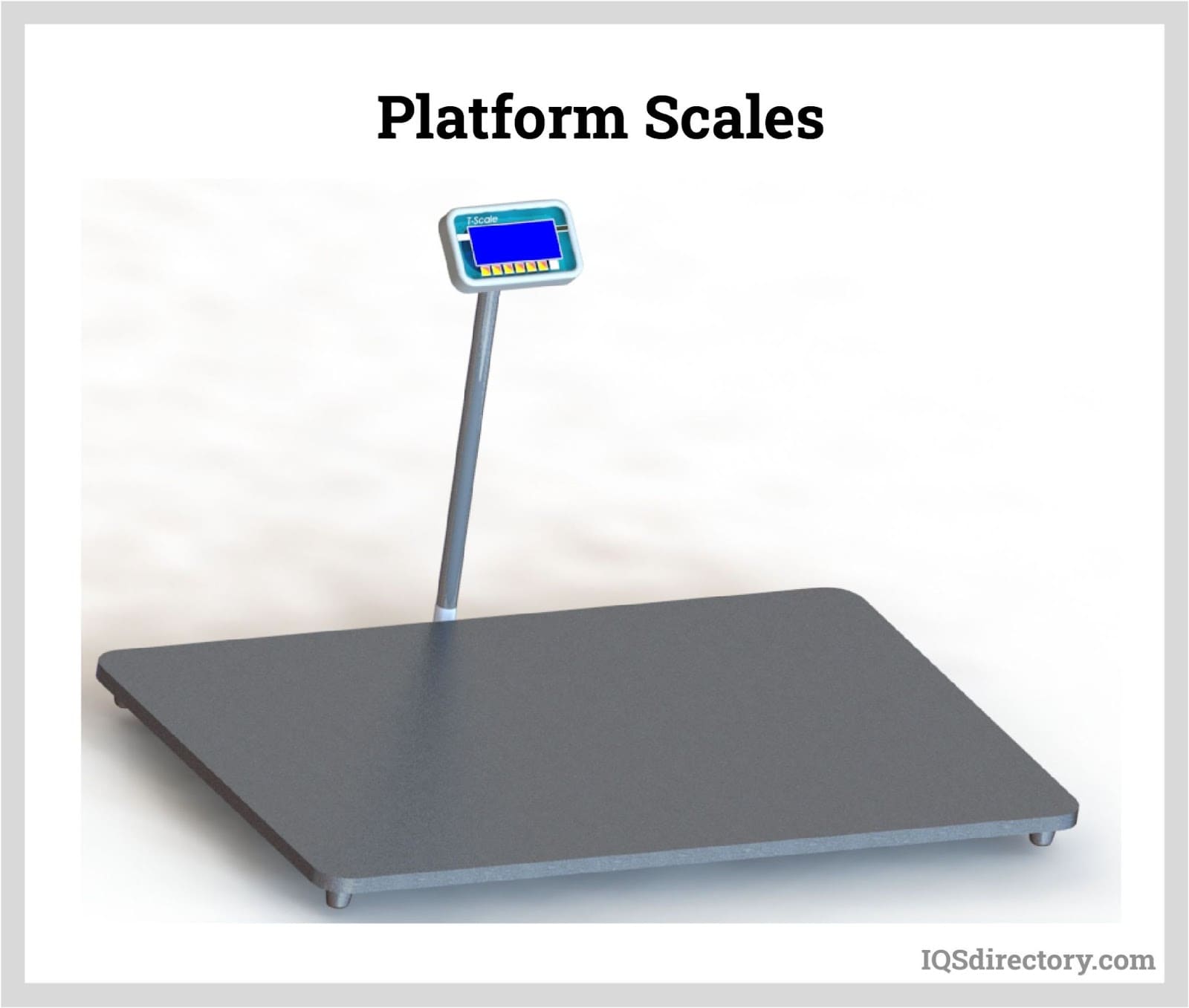
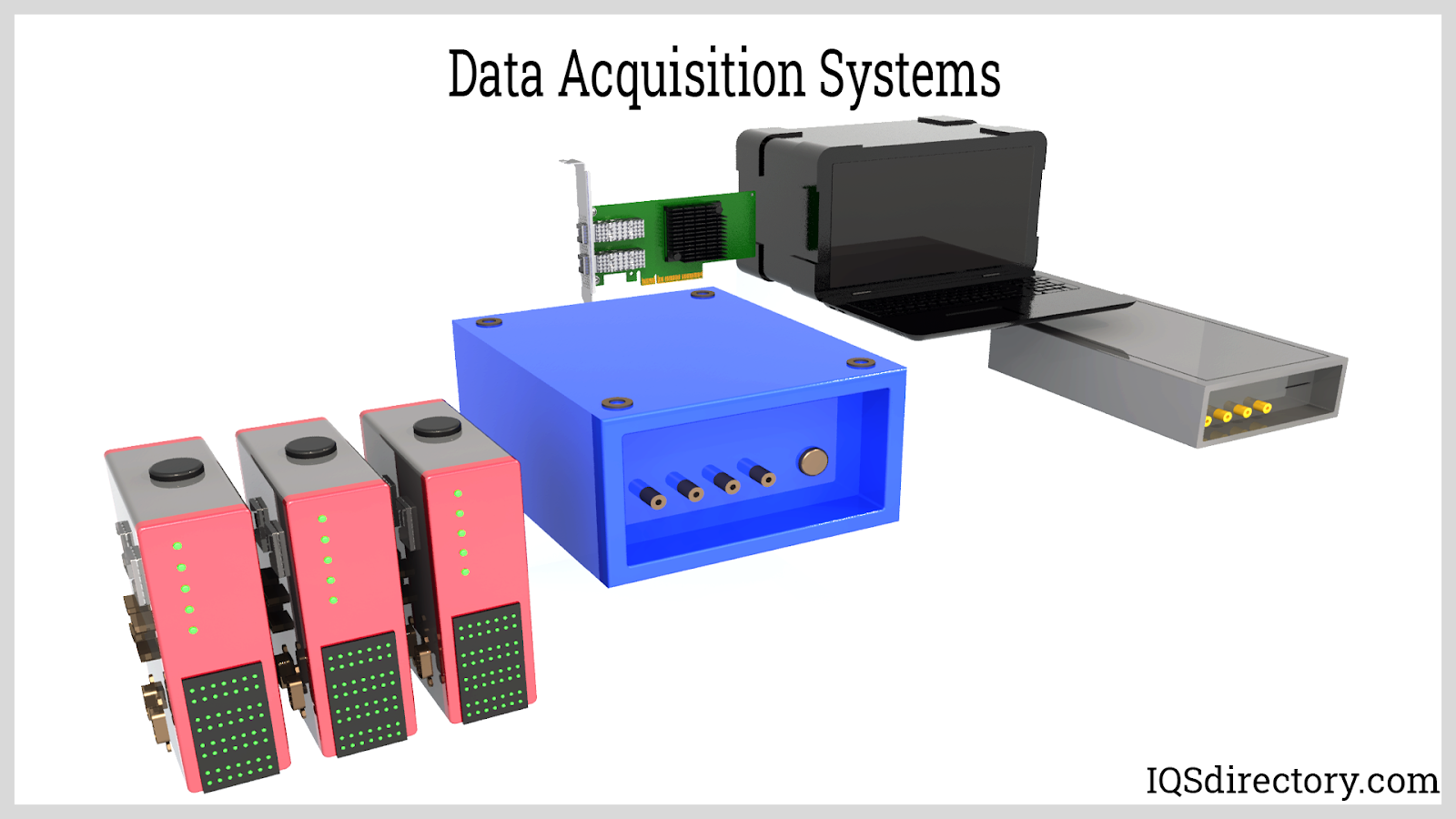
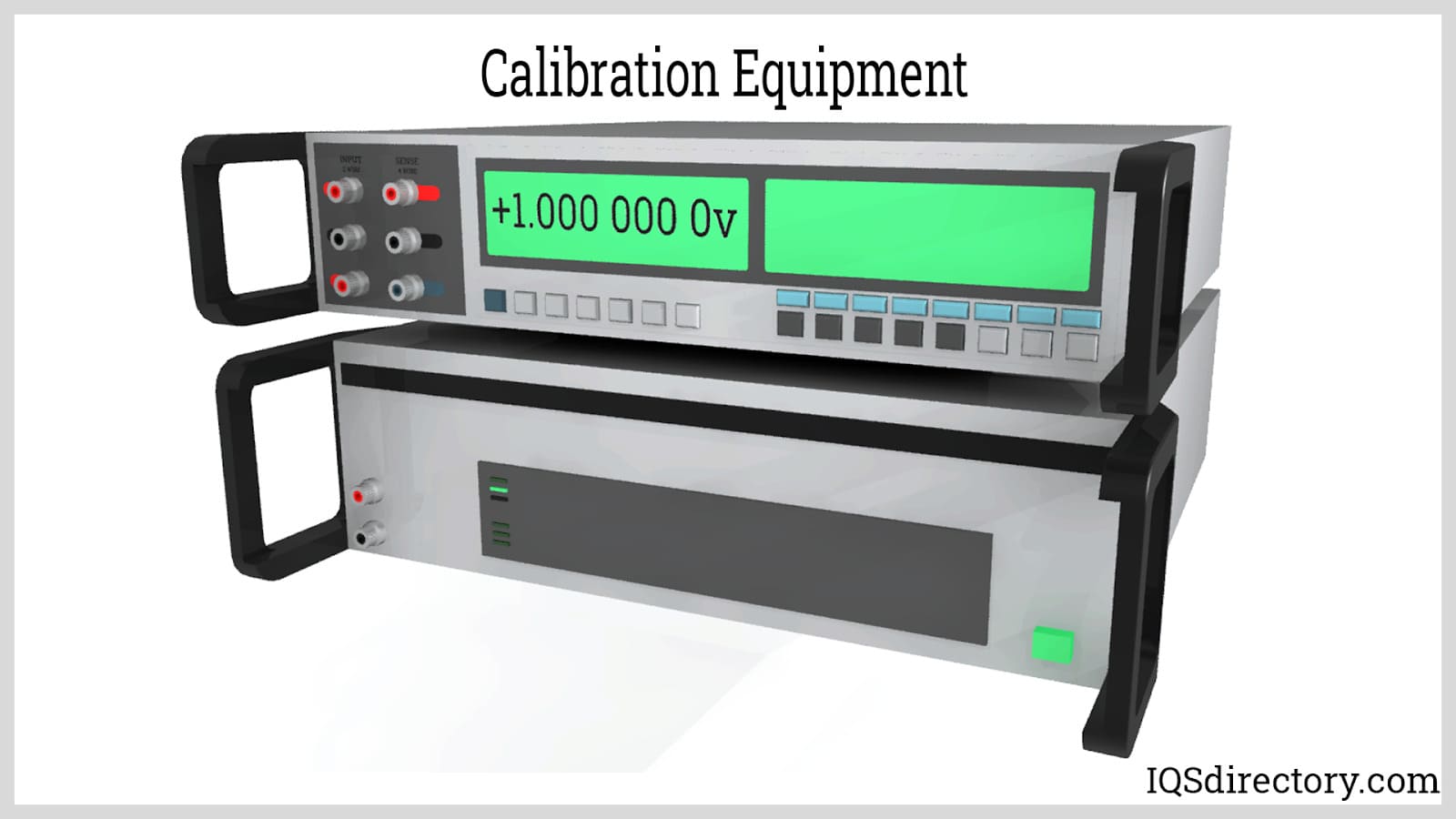
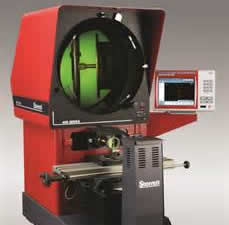 Calibration Services
Calibration Services Clean Rooms
Clean Rooms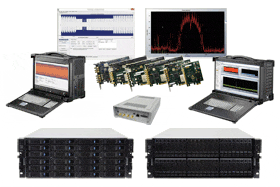 Data Acquisition Systems
Data Acquisition Systems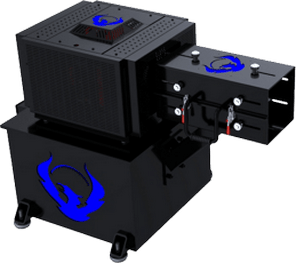 Dynamometers
Dynamometers Environmental Test Chamber
Environmental Test Chamber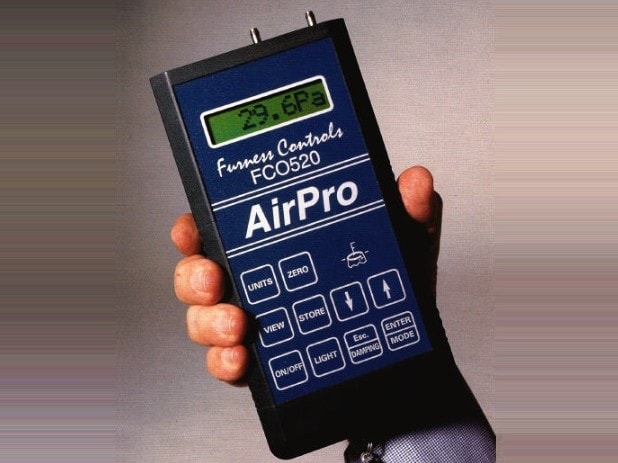 Leak Detectors
Leak Detectors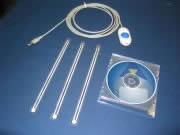 Load Cells
Load Cells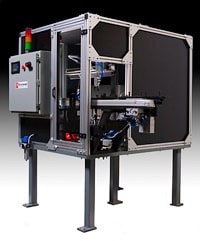 Machine Vision Systems
Machine Vision Systems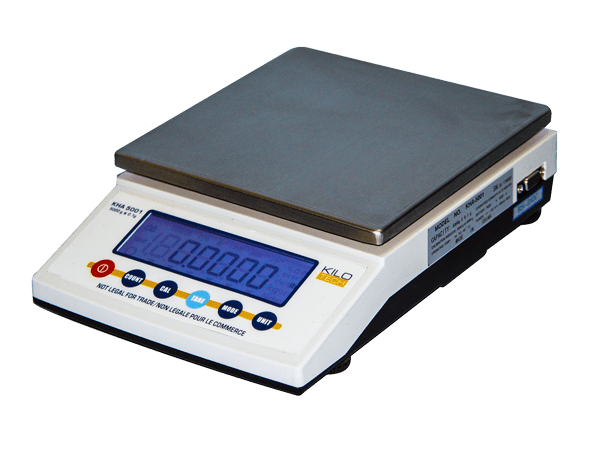 Scales
Scales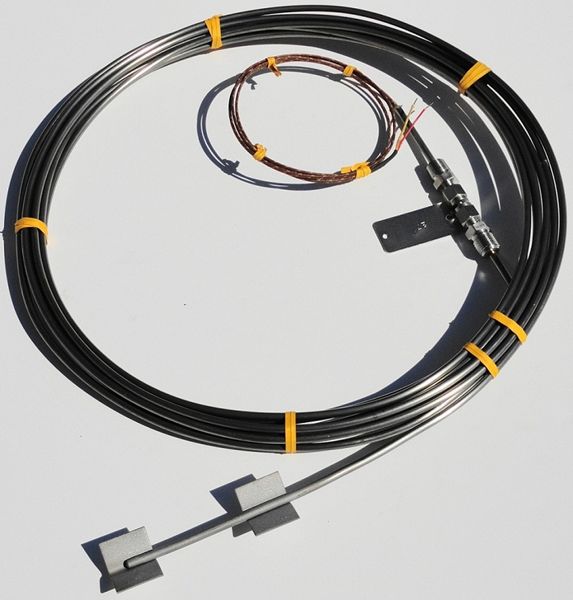 Thermocouples
Thermocouples Castings & Forgings
Castings & Forgings Bulk Material Handling
Bulk Material Handling Electrical & Electronic Components
Electrical & Electronic Components Flow Instrumentation
Flow Instrumentation Hardware
Hardware Material Handling Equipment
Material Handling Equipment Metal Cutting Services
Metal Cutting Services Metal Forming Services
Metal Forming Services Metal Suppliers
Metal Suppliers Motion Control Products
Motion Control Products Plant & Facility Equipment
Plant & Facility Equipment Plant & Facility Supplies
Plant & Facility Supplies Plastic Molding Processes
Plastic Molding Processes Pumps & Valves
Pumps & Valves Recycling Equipment
Recycling Equipment Rubber Products & Services
Rubber Products & Services